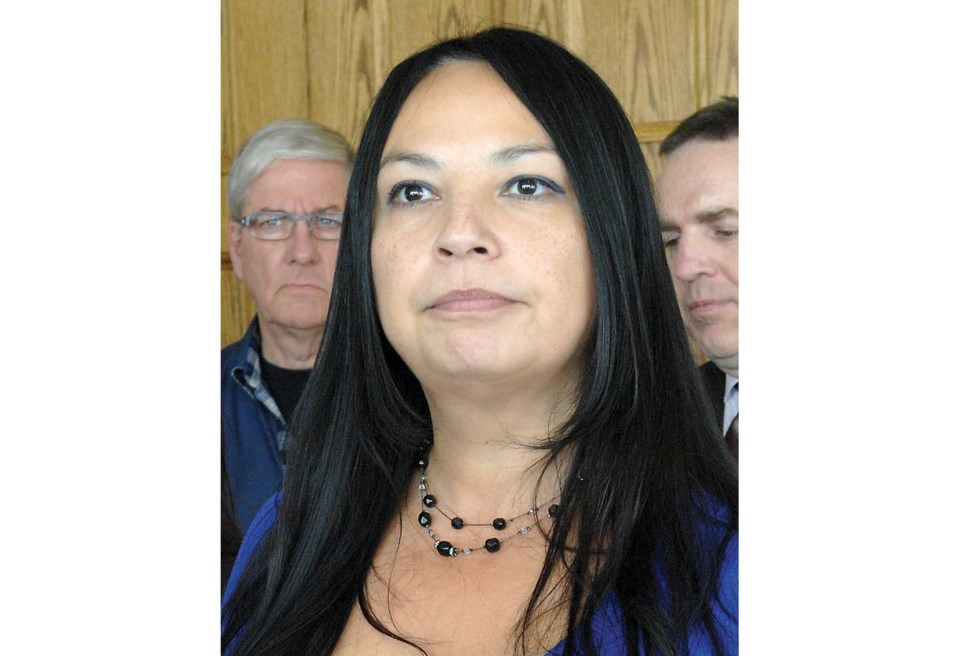Given the numerous reports and extensive research conducted on the issue over the years, why has nothing yet been done to address the issue of missing and murdered indigenous women?
That's one of the questions Carrier Sekani Family Services executive director Mary Teegee says the national inquiry into the matter should seek to answer when it begins hearings later this year.
"There have been many reports and this has been an issue for years and years," Teegee said in an interview this week. "The question that begs to be asked and answered is why hasn't there been anything done?"
Critics have raised a concern that an inquiry will be redundant given the amount of research on the shelves and say now is the time for action. Teegee's comments represent something of a rebuttal.
Teegee attended pre-inquiry meetings in Prince George and Vancouver earlier this month, held to gather ideas on how the inquiry should be carried out when it begins hearings later this year.
Like many, Teegee said the inquiry needs to look at the issue "holistically," taking into account such aspects as the impact of colonization and residential schools as well as the traditional roles of men and women.
"It will have to be an in-depth inquiry," Teegee said.
First Nations women should be at the helm of the inquiry and it should include an outside observer, possibly a representative from the United Nations, according to Teegee.
Once the inquiry is completed, Teegee said there needs to be a method in place to monitor whether is recommendations are being met. And she wants a federal act to end violence against indigenous women and girls as a way to commit the government to putting resources into the matter.
She also joined a chorus calling for participation from the provincial governments, noting those jurisdictions are responsible for such services as child welfare and health.
The B.C. government has not committed to participating in the inquiry.
On Thursday, provincial justice ministers met in Quebec City where they signed off on a "framework" to address violence against indigenous women and girls, who represent a disproportionate amount of victims when compared to Canada's total population.
In a statement, B.C. Justice Minister Suzanne Anton said the framework "is another step in making meaningful progress to create a legacy of safety for all vulnerable women."
The provincial government will also host a three-day gathering in support of the families of missing and murdered aboriginal women and girls in Prince George from Jan. 31 to Feb. 2.



